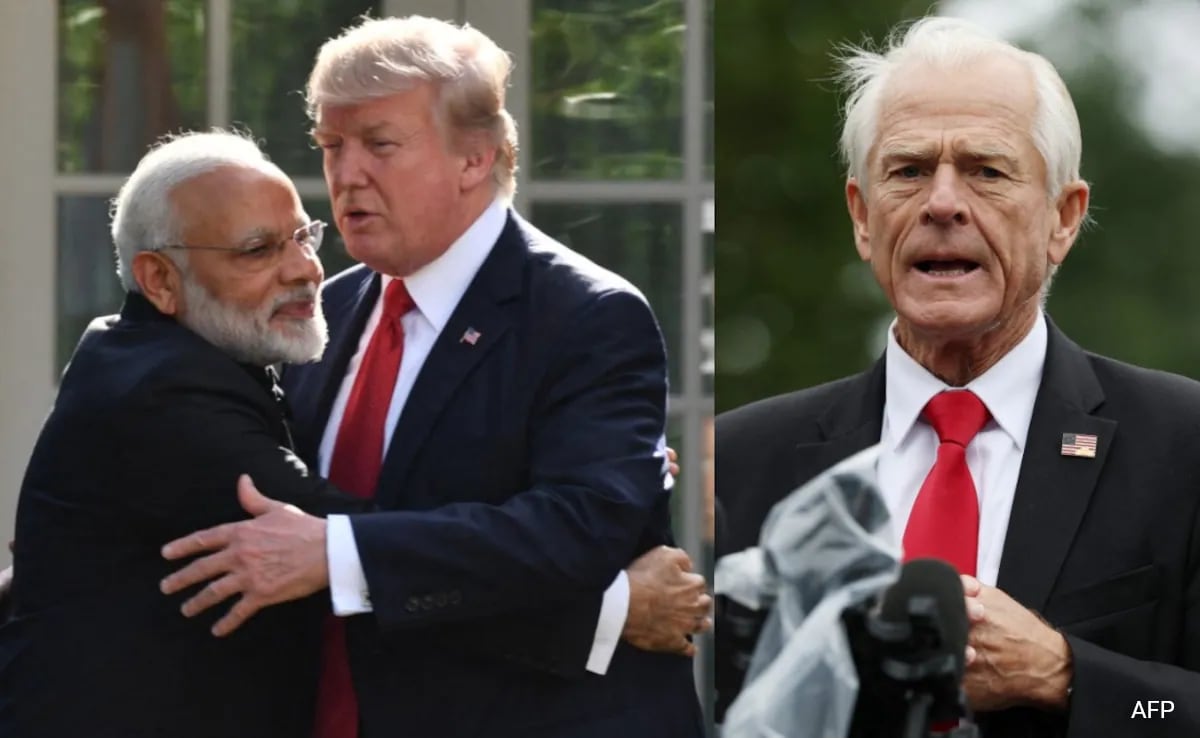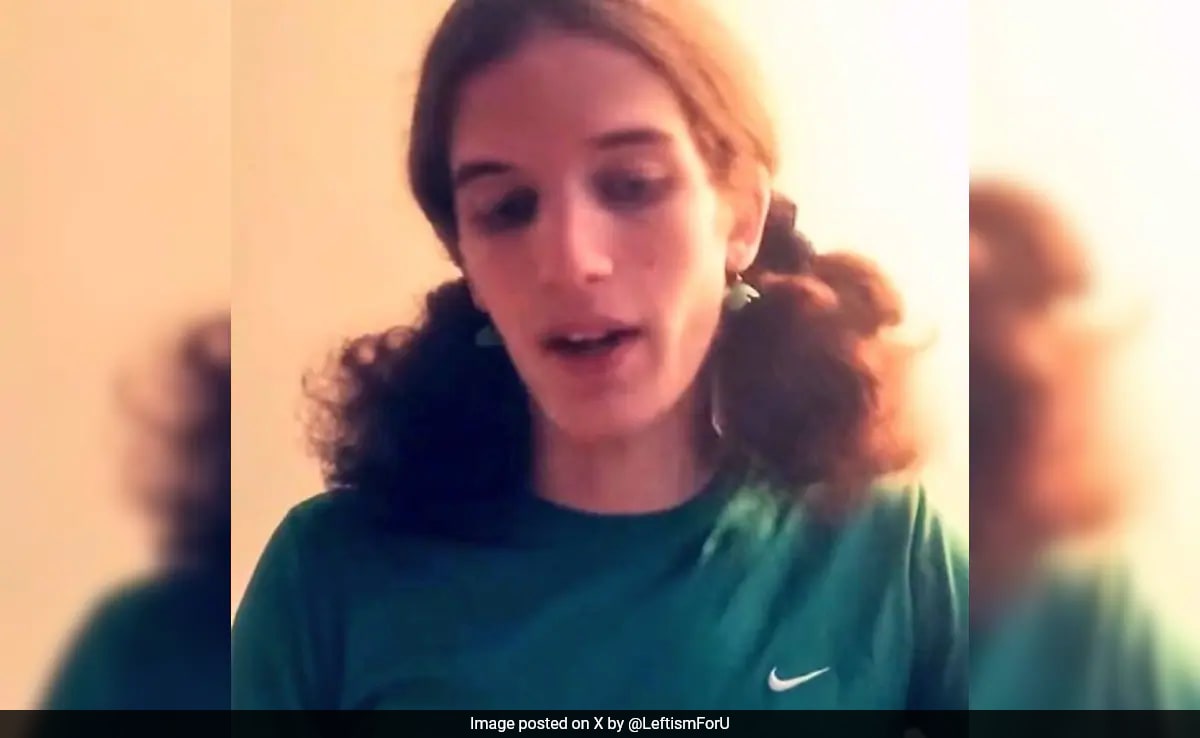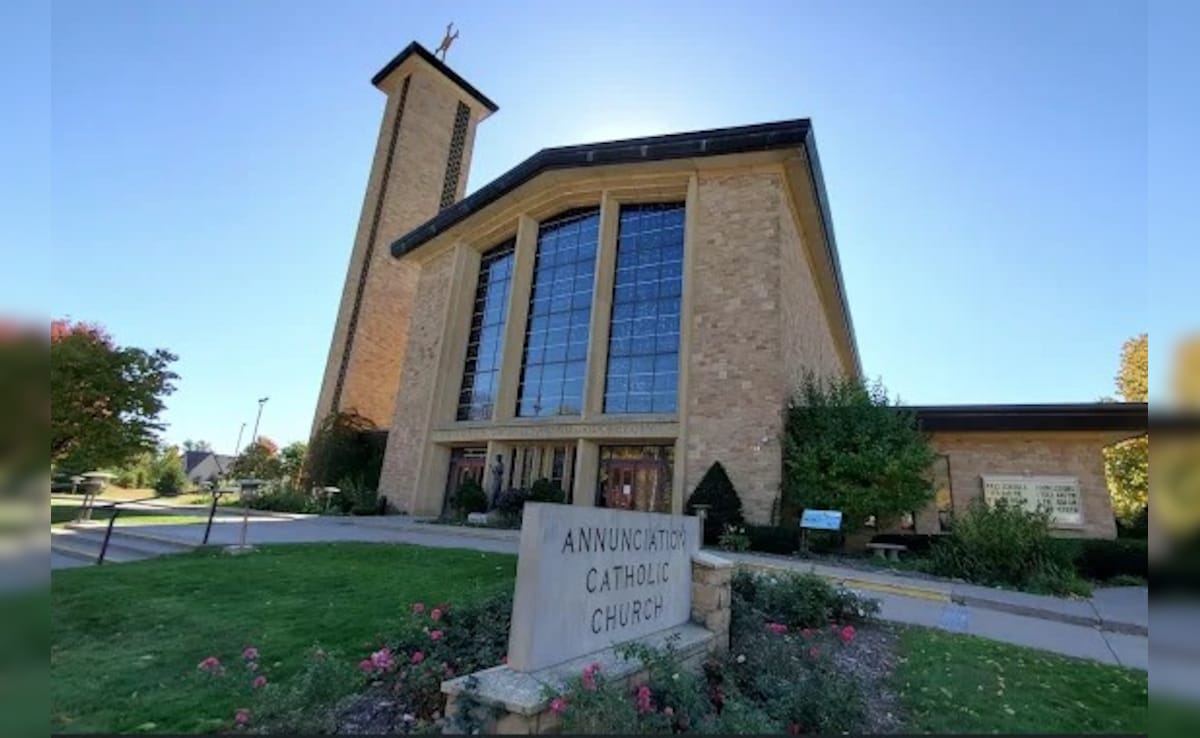About 2,000 mostly Central American and Haitian migrants make up the latest attempted caravan.
Alex Leyva of Honduras said he was attempting to travel north in a caravan for the second time. The first time he left with another caravan Oct. 23, but he got sick and had to drop out. Mexican immigration agents sent him back to Tapachula where he had already started the process of requesting asylum in Mexico.
âMy country is in the worst economic, crime, hunger situation,â Leyva said. âThere are no studies, no education for the kids. Thatâs why my wife and I decided to try to achieve our objectiveâ of getting a better life.
The earlier caravan that Leyva had travelled with was in southern Veracruz state, but had dwindled to several hundreds migrants, down from a high point of some 4,000.
Luis GarcÃa Villagran, of the Center for Human Dignity, said that the migrants are demanding documents that allow them to be in all of Mexico. The Mexican government had relied on a strategy of containing migrants in the southernmost part of the country to alleviate pressure at the U.S. border.
But those states are the poorest and there is far more opportunity to find work in the northern states.
GarcÃa Villagran said that even the migrants who received humanitarian visas that should allow them to travel in Mexico were detained by immigration agents and sent back to Tapachula.
Migrants confined to Tapachula near the Guatemala border have grown increasingly frustrated with the slow processing of their asylum cases. They complain that they are unable to find work that would allow them to support their families.
The caravans began several years ago as a way for migrants who did not have the money to pay smugglers to take advantage of safety in numbers as they moved toward the U.S. border. However, more recently Guatemala and Mexico have become more aggressive in quickly dissolving the caravans with security forces.
The dwindling caravan in Veracruz was the first to advance so far into Mexico in the past two years, but the grueling conditions of the trek and the governmentâs offers to regularize migrantsâ status has led the majority to drop out.
López Obrador named addressing migration in the region as one of his priorities for Thursdayâs North America Leadersâ Summit. He has pressed the Biden administration to invest in expanding a tree planting program that pays farmers to plant certain kinds of trees on their land. The money allows the rural poor to stay on their land rather than feel economic pressure to migrate, he says.
.png)











 English (United States) ·
English (United States) ·  Turkish (Turkey) ·
Turkish (Turkey) ·